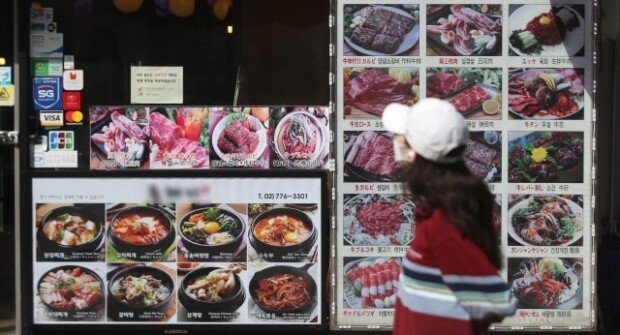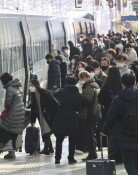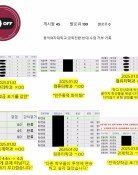Inflation rises to nearly 5% in April
Inflation rises to nearly 5% in April
Posted May. 04, 2022 08:28,
Updated May. 04, 2022 08:28

Consumer prices in April reached well above 4%, recording the highest increasing in more than 13 and a half years. Oil prices have risen more than 50%, impacted by Russia’s invasion of Ukraine. Higher public utility prices have also driven inflation. Some experts say that inflation may rise to 6%, due to ongoing instability in resource prices and easing COVID-19 regulations. There is growing attention on whether base interest rates would be raised at the first Monetary Policy and Operation Committee under the Yoon Suk-yeol administration scheduled on May 26.
According to the Statistics Korea on Tuesday, the consumer price index in April reached 106.85 (based on 100 in 2020), rising 4.8 dollars against the same period last year. It is the largest increase in 13 and a half years since October 2008 (at 4.8%) when the financial crisis broke out. Inflation last month was driven mostly by oil prices, food service and other individual service prices. There was significant increase in gasoline (28.5%), diesel (42.4%), LPG prices (29.3%).
Individual service prices including food service rose 4.5%, while public service and housing rent rose 0.7% and 2.0 dollars, respectively. Food service prices rose 6.6%, the largest increase since April 1998 (at 7.0%). “There is a very likely chance that prices will continue to rise, as we do not see any factors that can significantly offset this growth,” said Deputy Director General Eo Un-seon of Statistics on Economic Trends at Statistics Korea.
kalssam35@donga.com







